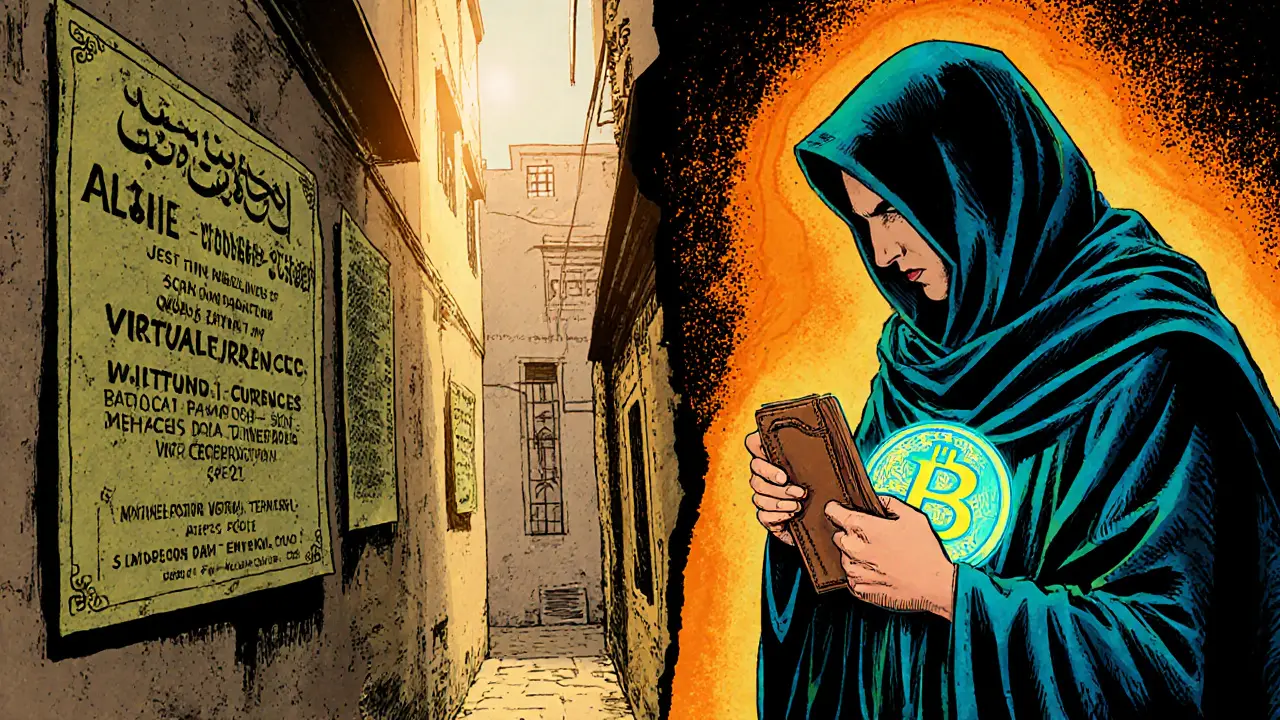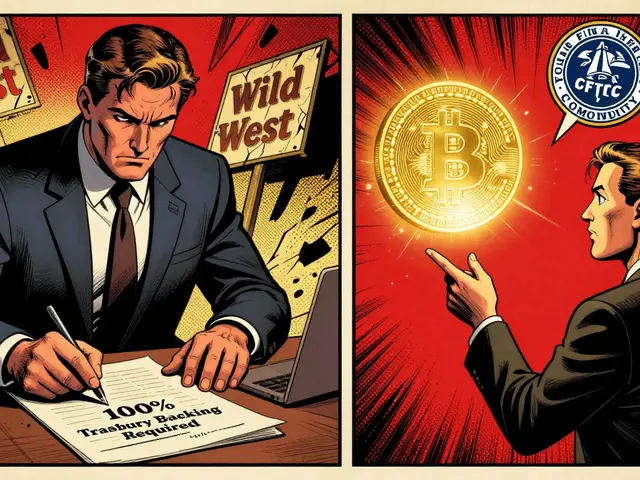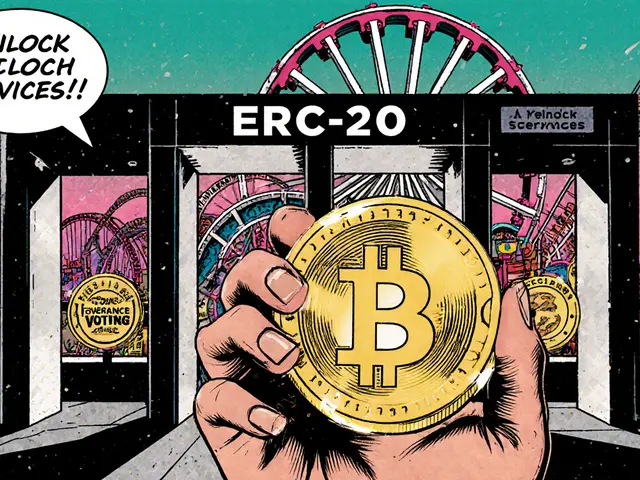Algeria Cryptocurrency Ban: What You Need to Know
When talking about the Algeria cryptocurrency ban, the official prohibition on buying, selling, or using digital assets inside Algerian territory. Also known as Algerian crypto crackdown, it seeks to stop capital outflows and enforce tighter financial oversight. Algeria cryptocurrency ban caught most traders off guard, and the ripple effects show up in everyday wallets, local exchanges, and the way people move money across borders.
The ban sits inside a broader regulatory compliance, a set of rules requiring crypto businesses to follow anti‑money‑laundering (AML) and know‑your‑customer (KYC) procedures. It also pushes users toward P2P crypto trading, direct peer‑to‑peer platforms where buyers and sellers swap assets without a centralized exchange. When official channels disappear, an underground crypto market, a hidden network of informal traders and offshore services, often operates with higher risk and fewer consumer protections. Together these entities shape a new reality: the ban forces compliance teams to redesign onboarding, pushes everyday users onto riskier peer channels, and fuels a shadow economy that regulators struggle to monitor.
Why the ban matters for everyday crypto users
First, the ban changes how you access price data. Without local exchanges, most Algerians turn to global platforms that may not support Algerian bank links. That increases reliance on mobile wallets that connect to decentralized finance (DeFi) protocols, which often ignore geography but still expose you to smart‑contract bugs. Second, capital controls tighten when the government blocks fiat‑to‑crypto gateways, meaning you need to find a way to convert local dinars into stablecoins abroad—usually via friends, family, or informal brokers. Third, AML enforcement becomes stricter for any business that continues to operate in the country; penalties can include hefty fines and prison time, so many services simply shut down, leaving a void that underground operators fill.
From a risk‑management perspective, three practical steps help you stay safe. One, verify that any P2P counterparty has a solid reputation on platforms that display escrow and dispute‑resolution tools. Two, keep transaction limits low until you’re sure the network is reliable, because the underground market lacks the insurance that regulated exchanges provide. Three, stay updated on any legal signals from Algeria’s Ministry of Finance—policy shifts happen quickly, and a small amendment can open a new legal pathway or close an existing loophole.
Developers and crypto projects also feel the impact. Many defer launch plans in Algeria because token sales need to comply with local securities law, and the ban adds an extra compliance layer for token distribution. This slowdown can affect global tokenomics, especially for projects that count on African adoption numbers for network effects.
Looking ahead, the ban could either cement a long‑term underground ecosystem or force the government to rethink its stance if the hidden market harms financial stability. Either scenario creates a dynamic environment where regulatory compliance, P2P trading, and the underground market continuously influence each other. Below you’ll find a curated set of articles that break down the technical, legal, and practical angles of this evolving space, giving you the tools to navigate the new reality in Algeria.






